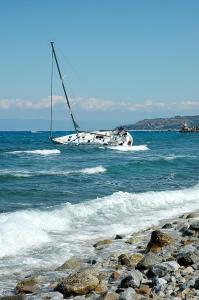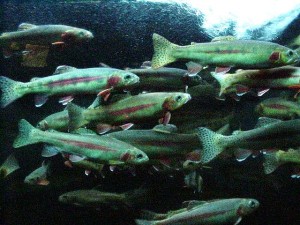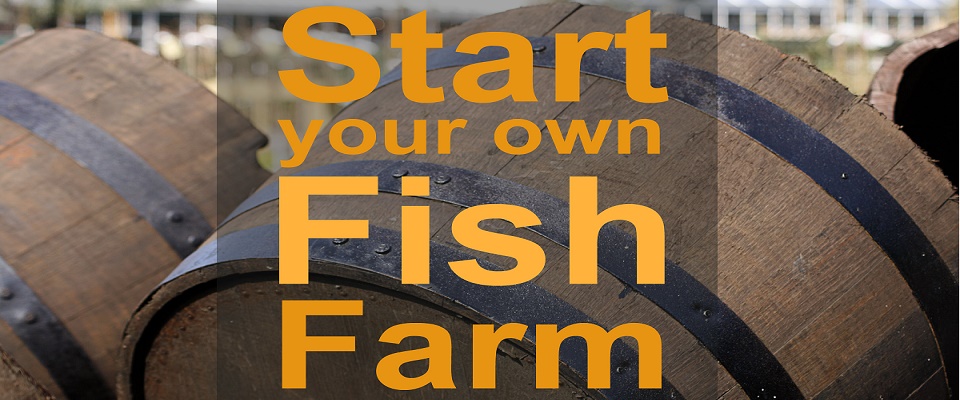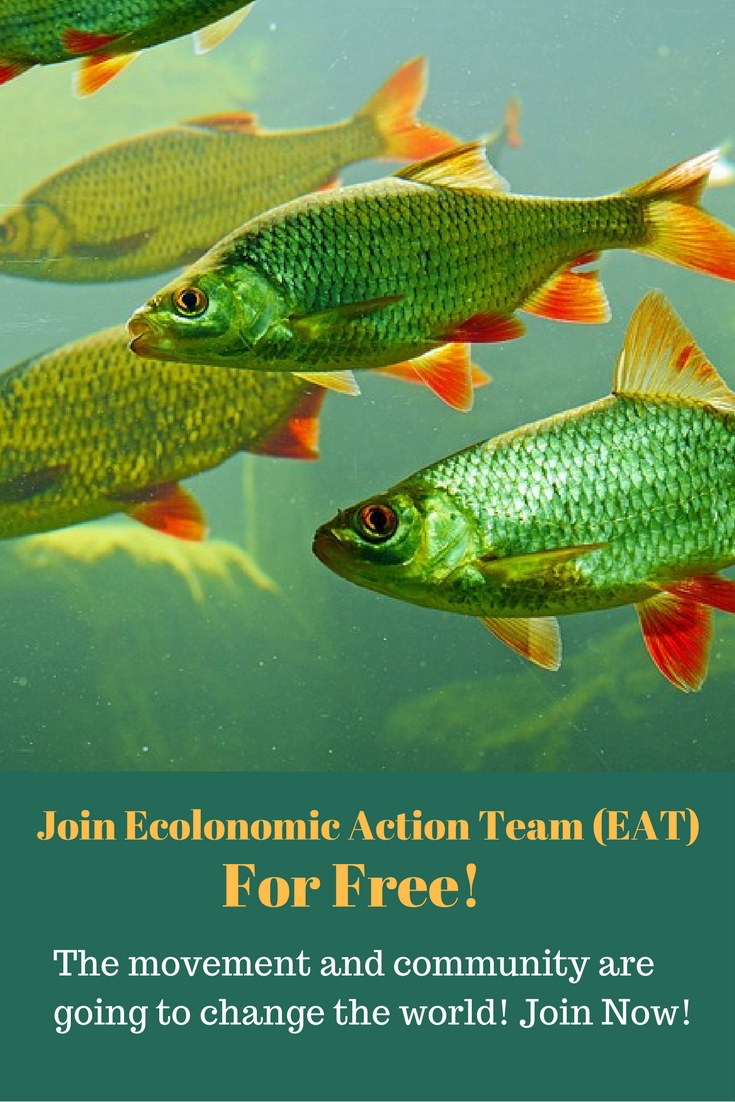Fisheries may be responsible for providing food, employment, economic resources and livelihood for many people in the country but they may also be responsible for altering ecosystems and causing damage to the environment. If fisheries and fish farms do not operate responsibly, they may potentially cause damage or alter the ocean fish stock’s ecosystem, deplete targeted species, as well as damage other species associated with the targeted species, especially if there is overfishing involved. They may also have various other negative effects on the environment, and ecosystem by causing pollution through poor choice of waste management and other practices if they are not kept under control.
Environmentalists around the world are warning that as the fisheries and fishing sectors continue to expand worldwide, their negative impacts on ecology and effects on the environment may also increase and interfere with their trophic level within the ecosystem in which the fisheries operate. Recent studies have shown that the ocean fish stocks are continuously declining in the United States. The journal Science published a four-year study in November 2006 which predicted that, at prevailing trends, the world would run out of wild-caught seafood in 2048. (WikipediA)
Human impacts on ocean fish stock
Throughout the history of human civilization, we have relied on ocean fish as a source of protein. Oceans supplied food, and so, civilizations often populated themselves around the coastal areas all around the world. However, our activities have been depleting the ocean water quality not only due to our activities in the oceans but also due to our activities on land. Some of the human activities that impact ocean waters and fish habitat are given below.
Overfishing
Overfishing occurs in the ocean when the fishing industry catches more fish from the ocean population of fish than what can naturally regenerate through reproduction in the ocean. It may seem profitable for fisheries to catch as many fish as possible from ocean, but it has serious impact on ocean fish stock. Millions of people around the world rely on fishing as their principal livelihood and their main source of food and protein.
Pollution and contamination
Oceans have long been used as international dumping grounds for all types of waste including sewerage, industrial run-off, toxic waste and radioactive waste. Pollution caused by ocean traffic and fishing boats contributes to a significant amount of ocean water pollution. Marine traffic generates millions of tons of hydrocarbon waste caused by burning fuel and other oil based waste. Runoff waste from agriculture activities, urbanization and industries also contribute to the marine water pollution and cause fish kill by increasing toxicity and oxygen depletion of marine waters.
Recently, the high harvest rates and building dams on rivers were identified as two major causes of loss of ocean fish stock of salmon, by Western Ecology Division | US EPA. (Plight of the Salmon and Steelhead | Nourish The Planet)
The dumping of waste from ground-based fish farms also causes damage to the surrounding water bodies, rivers, and eventually the ocean waters. Some of the land-based fisheries are also catching smaller fish from the ocean to feed the farmed fish population. Diseases and parasites form the land based fisheries may contribute to the decline in ocean fisheries and ecosystems. This could result in loss of ocean fish species and marine life depending on those species, affecting the balance of life in the oceans. In the long run, it would also affect the social and economic well-being of communities and the civilizations around coastal regions, which depend on fish for living.
Habitat destruction
In addition to the pollution caused by marine traffic and industrial waste, some of the methods used by fisheries around the world for ocean fishing may seriously damage the natural habitat and ecological balance of the oceans. Methods like explosive fishing and cyanide fishing, which are illegal in many places, harm surrounding habitats. The method of Bottom trawling, which pulls a fishing net, removes around 5% to 25% of an area’s seabed life on a single run. (WikipediA)
Prevention of damage and compensation of marine population
 Fisheries that operate in the high seas have enjoyed freedom of fishing with very little regulations to control their actions. There needs to be a standard international law to govern all unhealthy fishing activities around the world. Below are some ways we could improve wild ocean fishing.
Fisheries that operate in the high seas have enjoyed freedom of fishing with very little regulations to control their actions. There needs to be a standard international law to govern all unhealthy fishing activities around the world. Below are some ways we could improve wild ocean fishing.
· Promoting good fisheries management:
New approaches should be promoted in order to minimize human impacts on ocean fish stock. Fisheries can make important contributions to ecology if they use sustainable methods.
· Combating illegal fishing:
Illegal fishing seems to thrive in countries where open and accountable governance is lacking and where the voices of civil society may be muted.
· Cutting out destructive fishing practices:
All destructive methods and potentially hazardous practices should be avoided to restore ecological balance and fish mortalities in the ocean.
· Sustainable technology
Developing and practicing new and advanced technologies that increases fish stock without depleting the environment is needed to restore wild fish stocks.
I am sure we all love fish and fish products as a source of food, and we would love to have a continuous supply of fish throughout our lives as well as for our future generation. It would be a shame if we run out of ocean fish supplies due to increased human activities, mismanagement and unethical practices by fisheries and aquaculture. Aquaculture should be aimed at restoring the wild fish stocks. All experts believe that better governance is needed to regulate ocean pollution, and fisheries, and to stop unsustainable practices of aquaculture.
Would you like to learn more about declining wild fish stocks in the United States? Please watch the replay of our free NTP/CEED webinar with Russ Biaggne. Russ has done extensive research on declining population of salmon and steelheads that are considered endangered species today.
Video Source: Ecolonomics
Source: Nourish the Planet




I want to start a fishery
Hi James,
Thanks for your comment. Please contact our office at (303) 495-3705. Also read our blogs regularly, I am sure you will find valuable info.
so im doing a project for class and i need the effects, cause and definition. how dose this effect the fish and creatuers down in the twilight zone?
and what well happen when we fish them all?